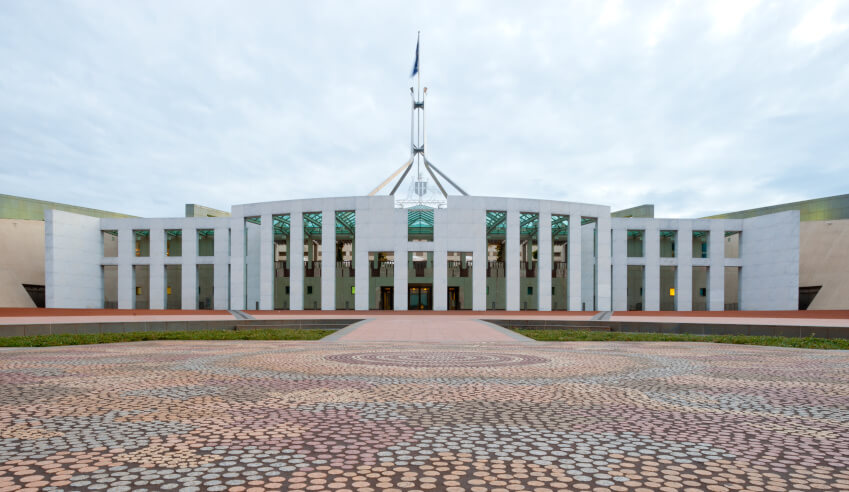The Senate Standing Committee on Legal and Constitutional Affairs has recommended proposed amendments to the Migration Act – which purport to strengthen character tests and provide grounds for visa cancellation or refusal – be passed, despite legal advocacy groups around Australia voicing their opposition.

The proposed amendments to the federal Migration Act 1958 would amend the character test by providing grounds to consider visa cancellation or refusal where a non-citizen has been convicted of offences involving violence against a person, weapons, breaching of an apprehended violence order (or similar) or non-consensual sexual acts; and make consequential amendments.
In its published report, the committee recommended the bill be passed, despite concerns raised by numerous legal advocacy groups.
The Law Council said that while the executive should have the power to prevent or remove a dangerous individual from obtaining or retaining the right to enter and remain in Australia, “restraint must be exercised” with any attempt to expand this power “beyond existing parameters and must be accompanied by robust justification”.
That justification “has not been made sufficiently clear” in this bill, LCA posited.
“Of particular concern is the proposed lowering of the threshold for those that may be subject to visa cancellation or refusal on character grounds. This approach has the potential to undermine the sentencing function of the judicial system and the discretion it possesses with regards to sentencing offenders,” it wrote.
In recommending that the bill not be passed and subsequently withdrawn, Australian Lawyers for Human Rights said that “given the serious consequences of visa cancellation on the rights of individuals and their families, it is incumbent upon the government to provide evident and justification” as to why the proposed changes are necessary and proportionate”.
“ALHR is concerned that the Bill lowers the threshold for visa refusal and cancellation in an unjustifiable manner,” it argued.
Australian Human Rights Commission queried whether the Bill is necessary and justified, “particularly in light of the grounds already available for visa refusal and cancellation”.
“The commission is concerned that the introduction of another broad discretionary power, without due regard to the particular circumstances of each case, may result in arbitrary and disproportionately harsh visa refusal and cancellation decisions,” it submitted.
“Given the potential impact on individual rights, it is important that any decision to refuse or cancel a visa is properly made, takes into account all relevant circumstances, and is a proportionate restriction of the human rights of people negatively affected by the decision.”
Legal Aid NSW said it does not support the bill as visa cancellations or refusals on criminal grounds have “life altering and permanent consequences for affected people and their families”.
“It is imperative for grounds for visa cancellation to reflect a necessary and proportionate response to the identified objective of the bill. This would ensure that non-citizens who have been convicted of serious offences and who pose a risk to the safety of the Australian community are appropriately considered for visa refusal or cancellation.”
“Expanding grounds to cancel or refuse a visa based not on an individual sentence, but on the maximum penalty for the offence at large, regardless of the particular degree and seriousness of offending conduct, is neither a necessary or proportionate response to the identified policy objective. We consider that this will produce arbitrary and harsh outcomes, including for already vulnerable people,” it wrote.
However, the committee – while acknowledging those concerns – considered the amendments necessary to strengthen the current visa refusal and cancellation provisions.
“The committee further considers that there is need to strengthen current provisions to protect Australians against harm from non-citizens. The committee considers that the Australian government must therefore legislate to ensure that the Australian community is safe and secure – the community expects the government to do so.”
It is confident, it surmised, that the bill “strikes the appropriate balance between the protection of the Australian community and the rights of non-citizens who have committed criminal acts”, and therefore recommended the passage of the bill.

Jerome Doraisamy is the managing editor of professional services (including Lawyers Weekly, HR Leader, Accountants Daily, and Accounting Times). He is also the author of The Wellness Doctrines book series, an admitted solicitor in New South Wales, and a board director of the Minds Count Foundation.
You can email Jerome at: